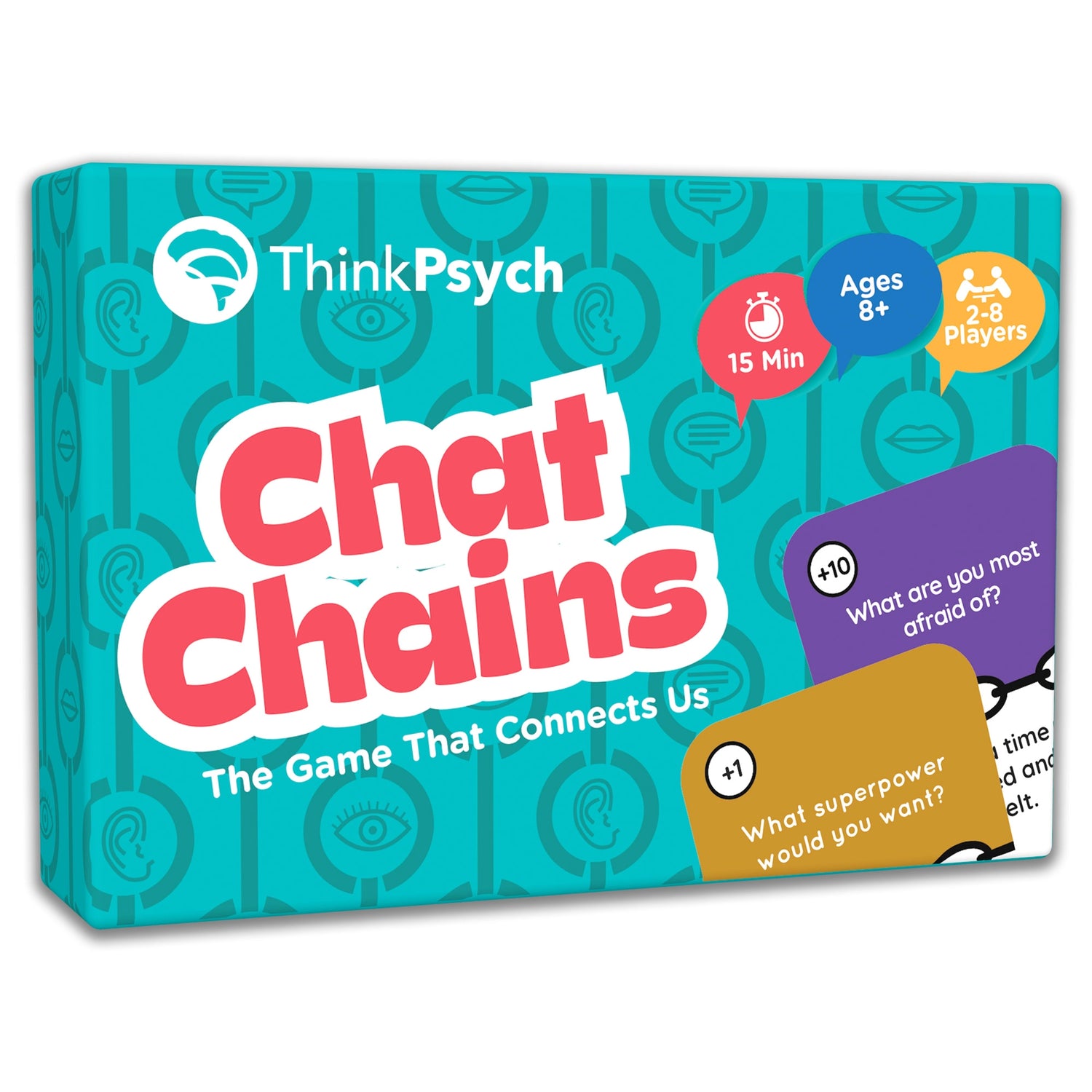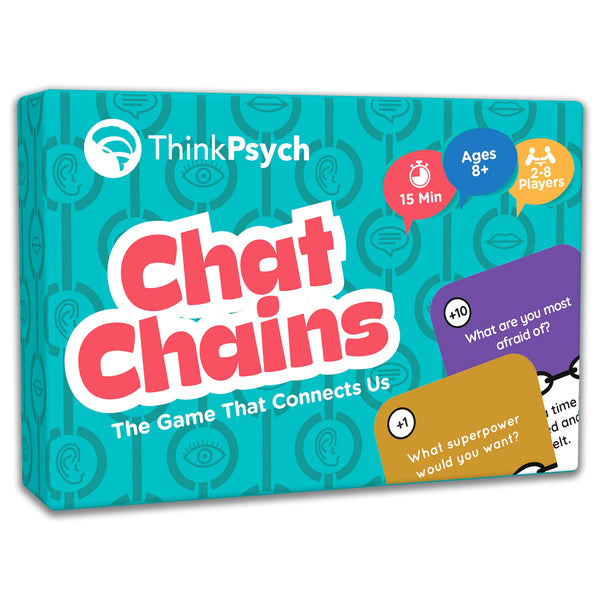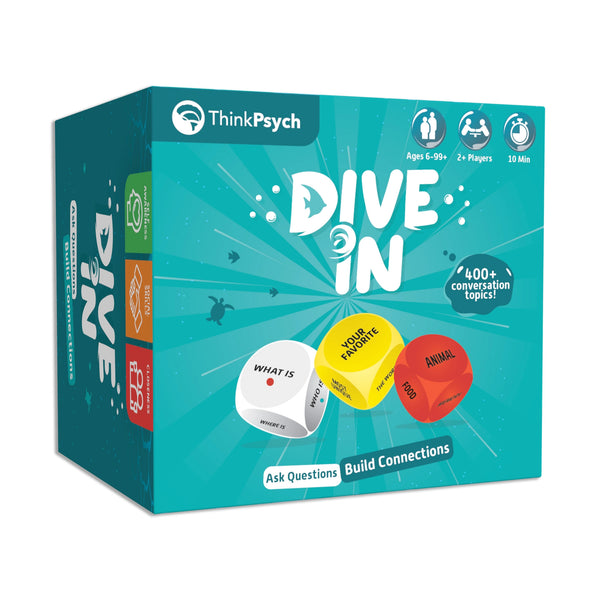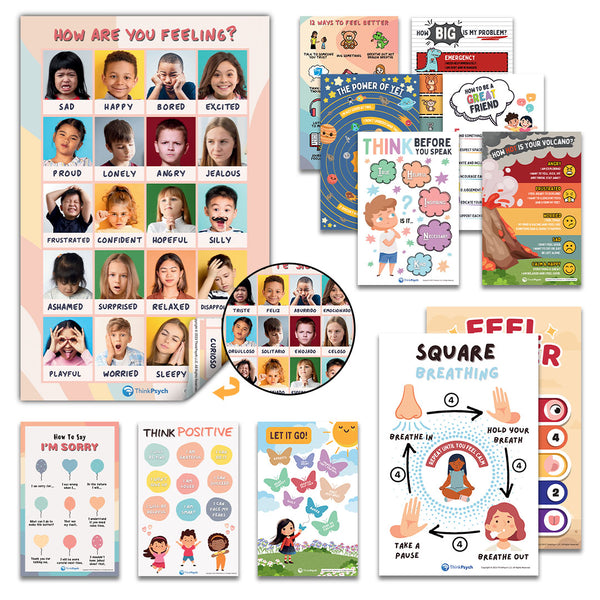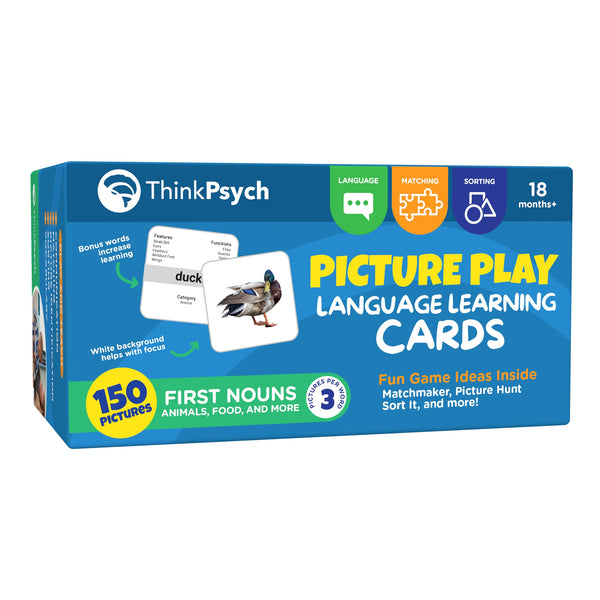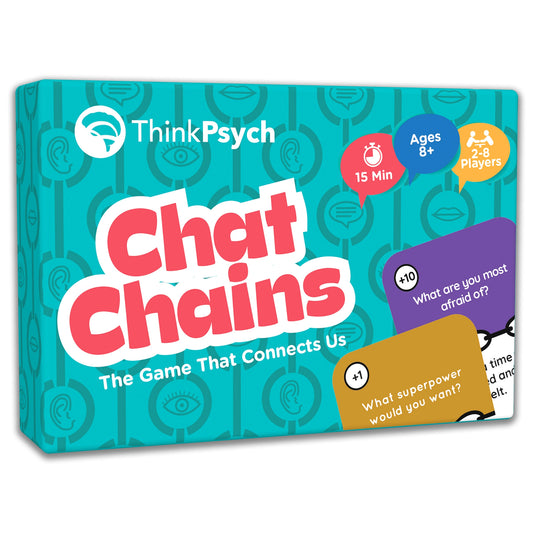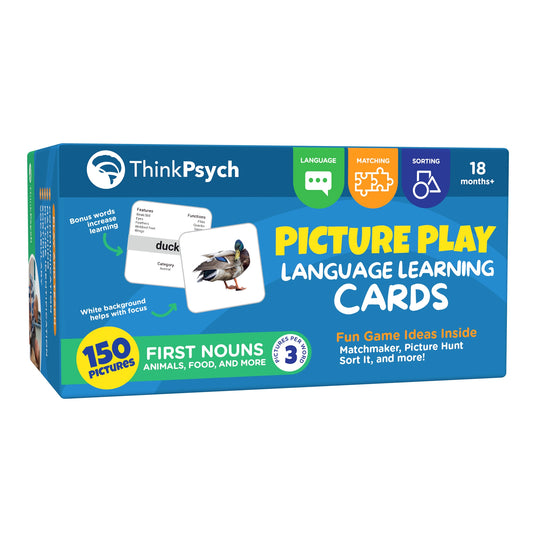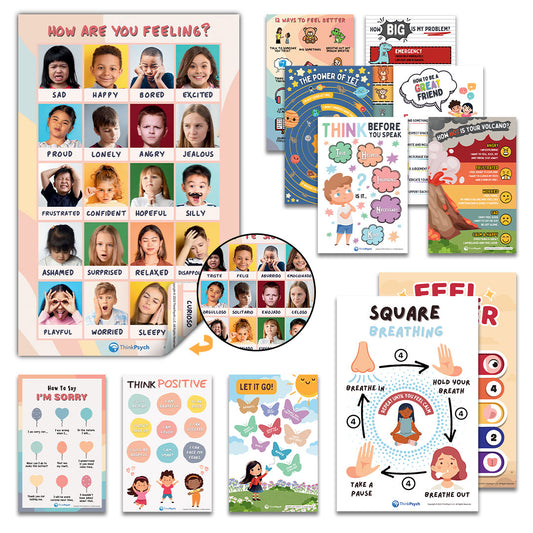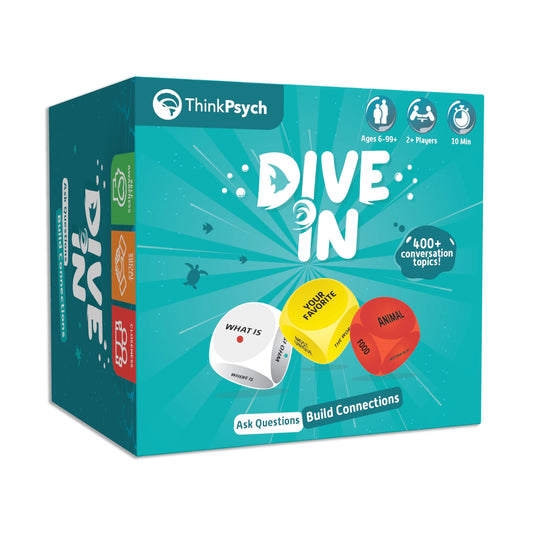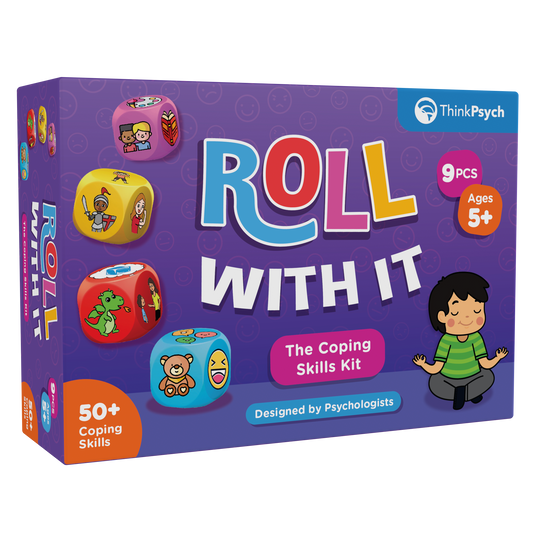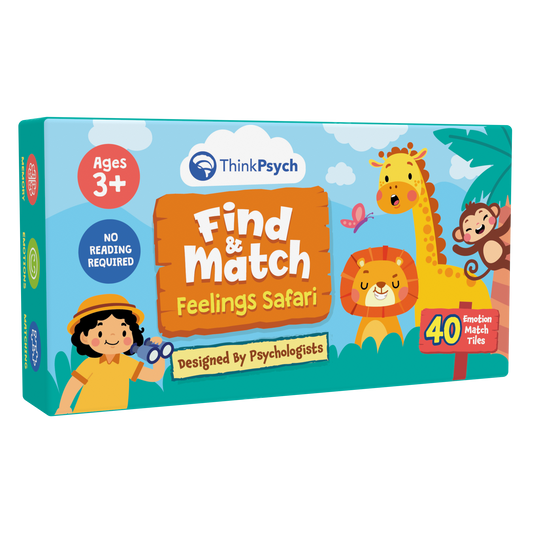
How to Build Social Skills in Shy Kids
Share
So, your child is shy. Perhaps you’ve noticed that your kid…
- Is uncomfortable or withdrawn with their peers?
- Feels anxious about unfamiliar social settings?
- Attempts to avoid challenging environments altogether?
Every child is unique, with different personalities and strengths. For introverted children, they may find it difficult to learn how to interact with peers and make friends – even when they’re keen to interact with others.
Without building social skills, your child may face a vicious cycle of discomfort, where they feel increasingly isolated over time. Whether your kid is highly sensitive, struggles to overcome nerves or simply takes time to warm up to people, it’s important to support your child in building social confidence and coping strategies for social anxiety.
To help you out, our experts at ThinkPsych have put together these pro tips to support your shy child as they cultivate social skills.
Tips to improve social skills in shy kids
1. Validate your child’s feelings
Even as adults, we face social situations that make us feel nervous or awkward, such as a first day at a new job.
Be empathetic with your child. Starting a new school year or facing a playground of strangers can be challenging for some kids. You can validate their feelings by avoiding making flippant comments (such as “Oh, she’s just shy!”) and talking about what makes you nervous, too.
2. Model social skills in front of your kid
It can be tough for kids to learn social skills if you don’t model them. Make sure you’re showing your child how to be friendly to strangers, make small talk, stay calm, ask questions, offer help, etc.
In particular, avoid using your phone in social situations, as your kid will learn that it’s ok to escape to a screen instead of talking to others.
3. Role-play how to connect with peers
Sometimes practice can help your child learn coping mechanisms for uncomfortable social moments.
Role-play common situations that your kid faces, such as attending a birthday party, wanting to join others at the playground or handling a group activity at school. Having a script of questions (“What are you playing?” etc.) can help reduce stress when interacting with peers.
Even non-verbal cues, such as speaking clearly and smiling can help your kid connect with others. For a big family event, you might even prepare your kid by showing pictures of some of the people they’ll meet.
4. Don’t be pushy
Forcing your kid to perform in social situations can simply add to their anxiety. Don’t be pushy or speak to your child harshly. You should also avoid comparing them to their peers or “wishing” they were more like other kids.
Shop ThinkPsych Products
Instead, focus on the positive. Recognize when they have done something well and give them positive reinforcement even when they struggle to overcome their shyness.
Know your child’s limits, too. Building social confidence takes time so don’t leave your kid alone in the deep end. Support your child as they develop coping skills for interacting with others and building relationships.
5. Focus on empathy
According to Psychology Today, shy children who are warm and friendly when approached by other kids tend to make just as many friends. Try to develop emotional intelligence in your child by focusing on empathy, identifying emotions, active listening and collaborating. You can even read about shy kids in books such as The Invisible Boy or Crunch the Shy Dinosaur.
By teaching your child empathy, you’ll also prevent them from engaging in disruptive or attention-calling behaviors that could isolate them from their peers.
6. Organize one-on-one activities
Your child doesn’t have to be the life of the party. Having one or two close friends is more important for learning social skills and building relationships.
In fact, your child may be more comfortable with having one-on-one or small group time. For best results, choose the right environment for a playdate (such as home, a playground or a children’s museum) and/or plan a no-fail activity to get your kid started (such as a craft, game or other activity).
That said, there’s no need to hover over your kid or overschedule them with too many playdates. Let the playdate unfold naturally, so your child can develop social skills without your constant presence.
7. Sign your kid up for a structured activity
Finally, you can help your child pursue their interests through a structured activity, such as a sport, art class, music, dance, theater, club or volunteering activity. Let your kid follow their interests, so that they’re excited to attend.
These extracurricular activities can be great for your child to meet peers and develop skills within a structured and familiar environment. In addition, it’s a good opportunity for your kid to interact without screens around.
Cultivate social skills in shy kids
Developing social skills in shy kids can take time. Be patient, supportive and proactive about helping your child build the confidence they need to cope with social situations and make meaningful friendships.
Here at ThinkPsych, our mission is to boost your child’s emotional intelligence, including social skills. Check our blog to get ideas to build social skills at home, online and at school!
References:
- How to Support and Develop Social Skills and Confidence, Parent Circle, https://www.parentcircle.com/how-to-support-and-develop-social-skills-and-confidence-for-shy-kids/article
- Helping Your Shy Child, Psychology Today, https://www.psychologytoday.com/us/blog/growing-friendships/201606/helping-your-shy-child
- Evidence-Based Social Skills Activities, Parenting Science, https://parentingscience.com/social-skills-activities/
- How to Help Your Shy Child Improve Their Social Skills and Make Friends, Pursue Today, https://pursuetoday.com/help-shy-child-socially/
